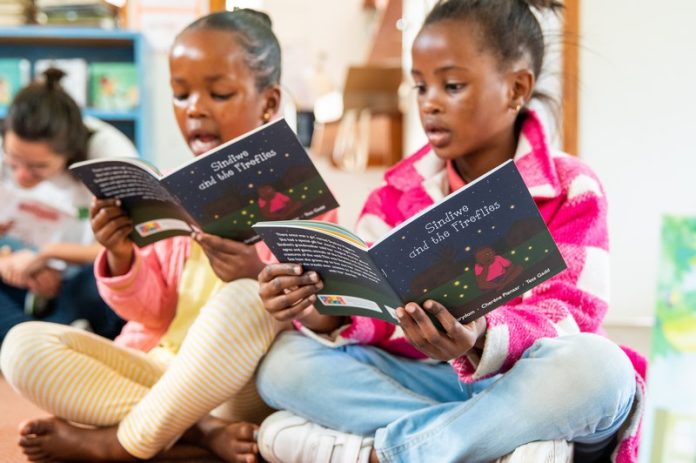
The Paper Manufacturers Association of South Africa (PAMSA) has released findings from its 2024 survey on book ownership, revealing that 31% of respondents own fewer than 10 books – a modest improvement from 41% reported in 2022. However, access to books remains a significant challenge for many South Africans.
The survey also found that approximately 67% of respondents own 50 books or fewer, while 17.4% reported owning more than 100 books. This represents a slight positive shift from 2022, when 80% of respondents said they owned 50 or fewer books and only 8.6% possessed more than 100.
The Link Between Book Access and Literacy
“While we’re seeing some improvement in book ownership, the numbers still paint a concerning picture,” says Jane Molony, executive director of PAMSA. “Access to printed books, particularly for young children, is crucial for developing literacy skills and fostering a reading culture.”
Challenges Facing Early Childhood Literacy
The survey results come at a critical time, as literacy rates in South Africa continue to face challenges of .unequal early learning outcomes and extremely poor primary school literacy with nearly 80% of Grade 4 learners struggling to read for meaning. Additionally, only 2% of children’s books published commercially in South Africa are in local African languages, despite eight out of 10 people speaking a home language other than English or Afrikaans.
To be part of the solution, PAMSA has announced its support of the Book Dash 2025 campaign, an initiative that aims to make books more accessible to young readers. Book Dash has already distributed over 4.5 million books to children across South Africa, and creates books in multiple local languages.
The Importance of Physical Books in Homes
Dorette Louw, director of programmes and operations at Book Dash, adds, “According to National Reading Barometer 2023, the vast majority of South African adults agree that reading to children before they can talk helps them learn, but sadly only about a third of parents actually read with children aged 6 and under.”
Louw explains that just like other healthy lifestyle habits, like eating well or exercising, there’s a gap between awareness and action. “Even when parents know it’s important to share books with preverbal children, they need an incentive or “nudge” to actually do it.”
She adds, “Physical, hard-copy books at home can provide that nudge, in a way digital books or books at school cannot. That’s why Book Dash is working hard to increase book ownership in homes, and why the support from organisations like PAMSA is crucial.”
Paper Books: Still a Popular and Effective Choice
Paper-based books remain popular among readers, with the survey showing that 34.7% of respondents prefer physical books for leisure reading, compared to 7.4% who opt for tablets or e-readers. Notably, 57.6% of respondents disagree or strongly disagree with the statement that “print is dead”.
“Paper books play a vital role in early childhood development and literacy, and create a stronger educational foundation,” Molony explains. “Research consistently shows that paper-based materials promote better reading comprehension and information retention compared to digital formats. This is particularly important for developing brains.”
The commitment to Book Dash aligns with PAMSA’s goal of promoting literacy and sustainable paper usage. Paper books are not only renewable and recyclable, but can be easily shared and passed along, extending their impact within communities.
Through initiatives like the Book Dash partnership, PAMSA aims to help address the book access gap in South Africa and contribute to improving literacy rates, particularly among young readers who need exposure to books in their early developmental years.

